* 6th WSEAS Int.Conf. on APPLICATIONS of ELECTRICAL ENGINEERING (AEE '07)
* 9th WSEAS Int.Conf. on AUTOMATIC CONTROL, MODELING & SIMULATION (ACMOS'07)
* 6th WSEAS Int.Conf. on MICROELECTRONICS, NANOELECTRONICS, OPTOELECTRONICS (MINO '07)
provided a novel forum for the presentation of new ideas and advanced developments in fields of study which have a wide range of applications. They were co-organized by the WSEAS and IARAS. Chairmen of the event were: Prof. M. Demiralp (Istanbul Technical University) and Prof. A.Bakaraya (University of Marmara).
WSEAS thanks them for their great support.
The Chairmen of the International Scientific Committee met over two lunches in the first 2 days of the conferences to discuss and propose new ideas for the further development of WSEAS and its conferences.
The Executive Director of the WSEAS has also several discussions with all the members of the International Scientific Committee during the meeting. The meeting was characterised by its friendly atmosphere as well as the high quality of the presentations and discussions.
Professor Mastorakis (WSEAS Executive Director) presented a Plenary Lecture emphasizing the role of the leading role of the WSEAS in the academic dialogue and explained also the importance of the conference programme for the work of the researchers of WSEAS. Well-known Keynote Lectures, Successful Special Sessions, Invited Presentations and many discussions took place proving the high level of the WSEAS events.
In this event also, Prof. Babic (Editor-in-Chief of WSEAS Trans. on Power Systems) and Prof. Demiralp (Editor-in-Chief of WSEAS Trans. on Mathematics) had several discussions with the participants, the Session Chairmen and potential authors in these prestigious WSEAS Journals.
It seems that the organizers were very strict this time, because the acceptance ratio was lower than 30%
The additional features of this multiconference were
1) Publication of the Proceedings in 3 media: hard-copy, CD, E-Library
(A) Books in the Electrical Engineering Series of the WSEAS (see details, contents, author indices and editors below) with ISBN and ISSN indexed by the major Citation Indexes: www.worldses.org/indexes
(B) CD-ROM Proceedings with pages' numbers with ISBN and ISSN indexed by the major Citation Indexes: www.worldses.org/indexes
(C) E-Library: http://www.wseas.org/online
and possible:
(D) JOURNAL PUBLICATION: Only authors of high - quality papers of archival value (they have been recommended by the Chairmen) have been invited (after the end of the conference) to send extended versions of their papers to the international WSEAS Journals after the conference. See the procedure below.
2) WSEAS gave a very strong and important tool to all the participants:
A new username and password WITHOUT EXPIRY DATE for on-line access in the WSEAS Conference proceedings FOR EVER.
3) WSEAS gave also in the CD-ROM the Proceedings of the previous conferences in Istanbul, Turkey (May of 2006). So, the participants were really very happy, because they had the opportunity to study the proceedings of the previous year.
4) Because the WSEAS will maintain the same policy in 2008, the accepted and presented papers will be available and readable in the CD-ROM that will be distributed in Istanbul in May of 2008
5) Rich cultural and social part as usual in WSEAS events. The importance of these conferences can be proved by the impact of these conferences in 2006: See, please http://www.wseas.org/reports
6) The conference Books (Hard-Copy Proceedings), CD-ROM proceedings and (Journals with selected papers) published by WSEAS Press continue to sell for a long time after the meeting has taken place. This is another demonstration of the prestige the scientific community attribute to the meetings organised by the WSEAS.
BOOKS (Hard Copy of the Proceedings)
 Editors:
Metin Demiralp, Nikos Mastorakis, pages 334, price: 80 EUR
Editors:
Metin Demiralp, Nikos Mastorakis, pages 334, price: 80 EUR[Contents], [Order], [Full PDF of the Papers], [Help]
 Editors: Metin Demiralp, Nikos Mastorakis, pages 274, price: 80 EUR
Editors: Metin Demiralp, Nikos Mastorakis, pages 274, price: 80 EUR[Contents], [Order], [Full PDF of the Papers], [Help]
 Editors: Metin Demiralp, Nikos Mastorakis, pages 120, price: 50 EUR
Editors: Metin Demiralp, Nikos Mastorakis, pages 120, price: 50 EUR[Contents], [Order], [Full PDF of the Papers], [Help]
Conference Statistics:
Submitted papers: 489
Accepted papers: 158
Pictures from the Conference and from our excursion. Click a picture to see a larger view-->
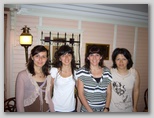
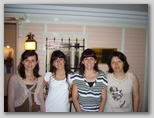
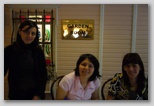
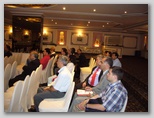

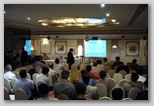
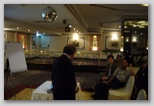
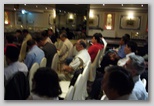
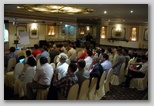
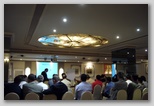
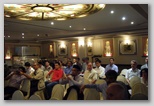
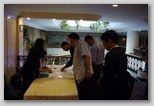
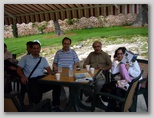
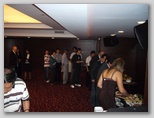
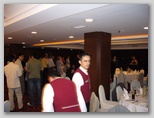
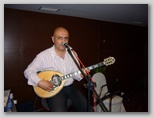
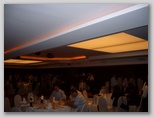
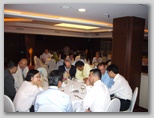

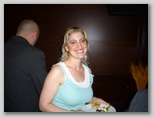
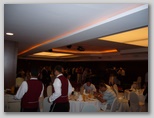
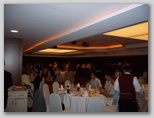
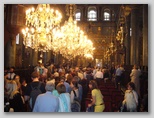
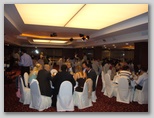
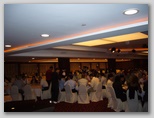
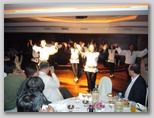
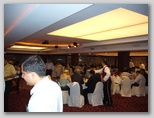
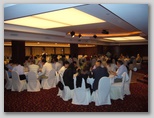
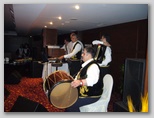
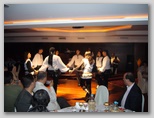
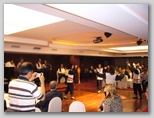
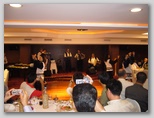

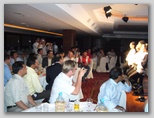
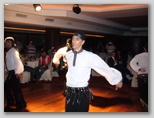
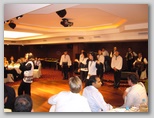
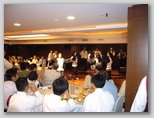
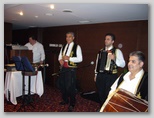
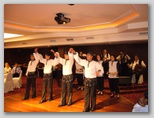

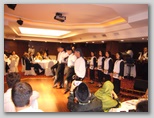
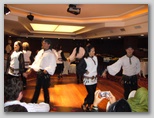
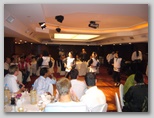
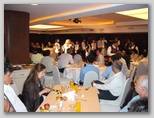
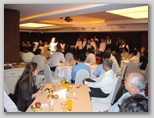
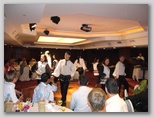
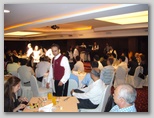
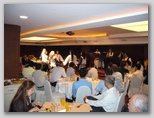
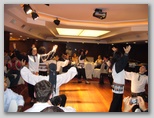
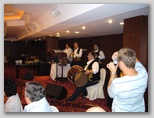
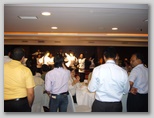
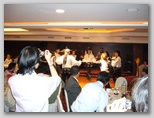
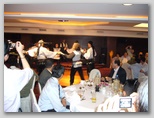
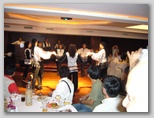
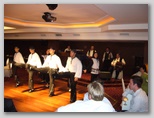
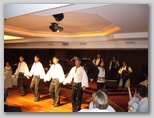
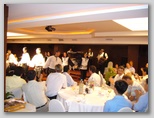
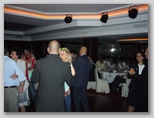
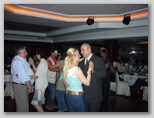
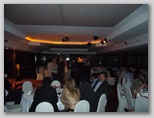
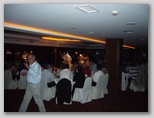
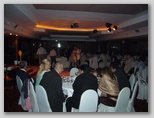
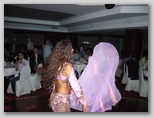
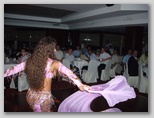
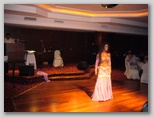
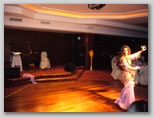
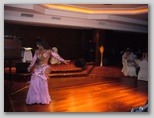
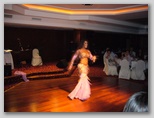
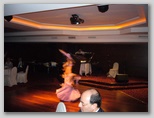
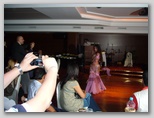

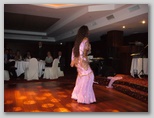
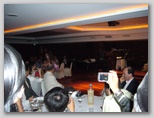
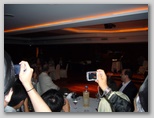
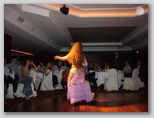
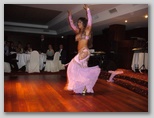
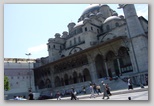
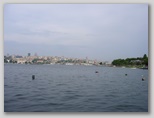
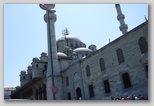
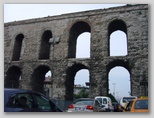
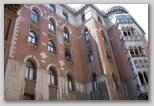
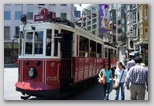
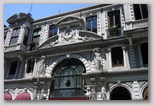
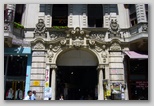
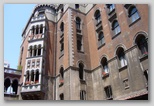
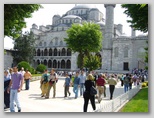
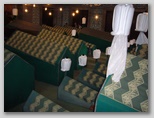
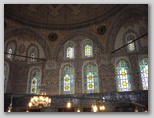
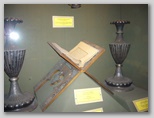
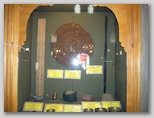
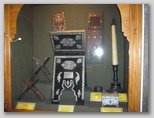
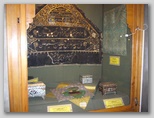
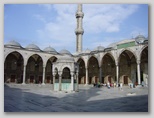
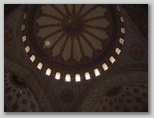
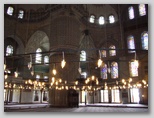
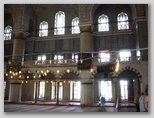
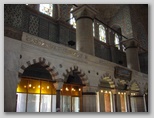
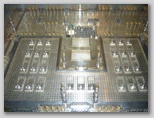
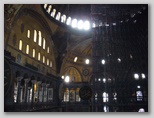
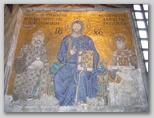
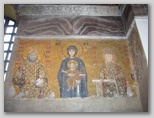
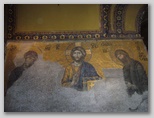
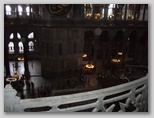
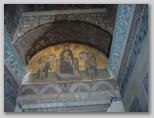
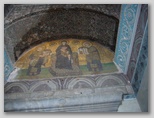
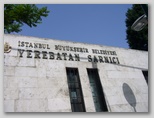
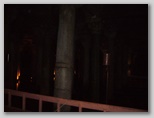
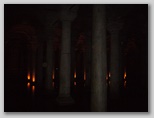

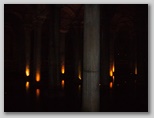
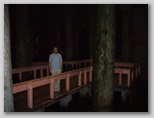
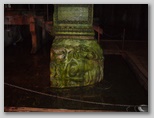
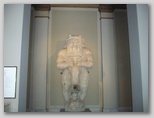
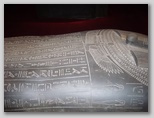
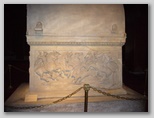
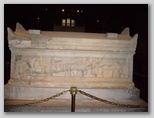

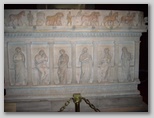
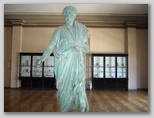
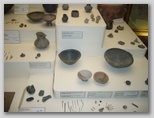
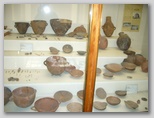
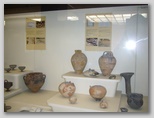
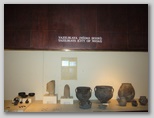
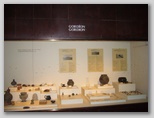
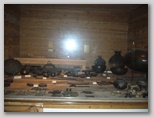
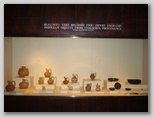
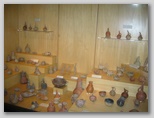
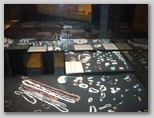
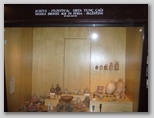
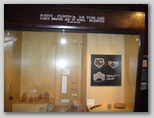
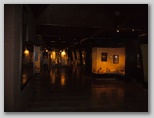
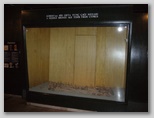

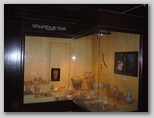
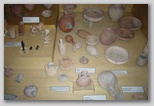
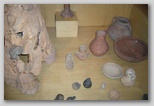
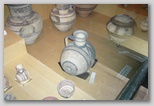
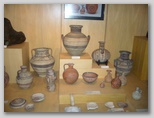
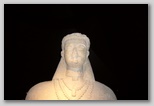
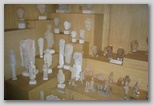
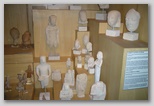
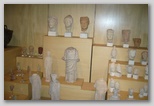
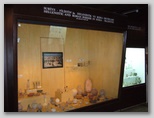
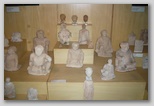
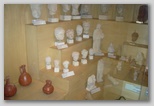
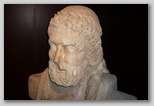
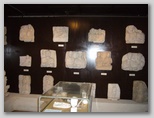
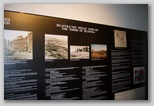
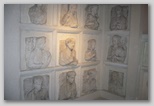
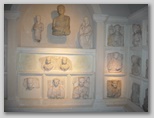
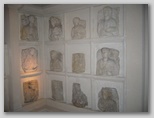
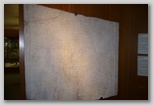
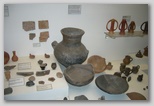
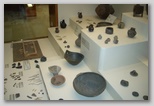
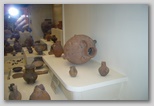
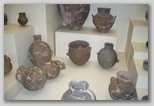
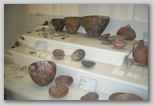
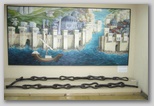
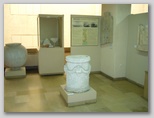
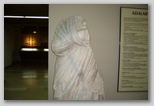
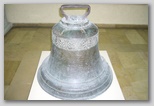
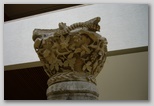
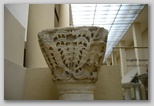
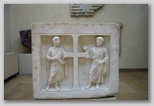
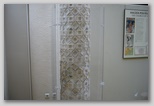

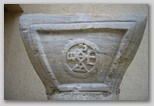
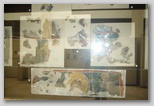
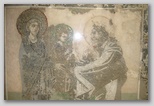
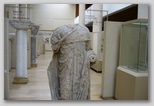
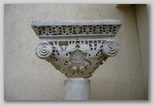
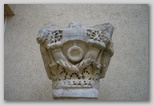
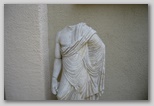
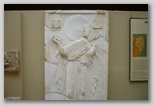
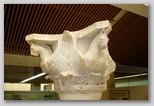
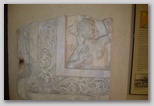
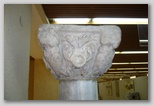
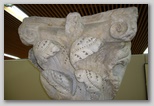


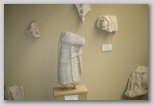
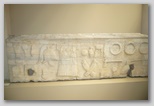
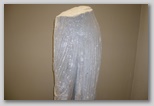
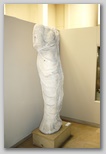
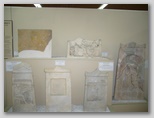
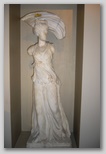
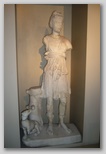
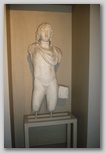
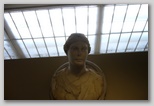
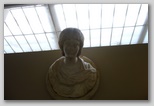
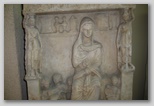
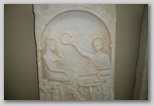
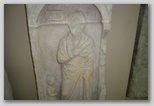
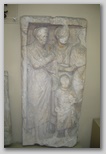
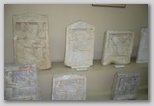
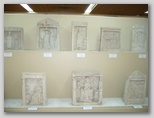
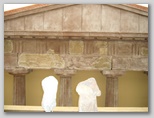
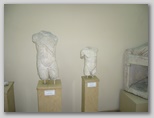
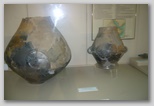
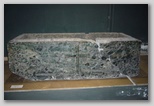
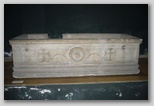
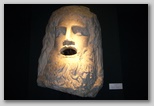
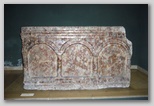
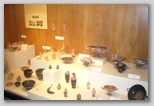
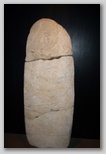
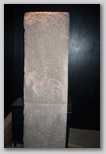
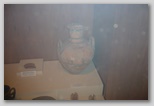
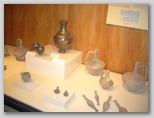
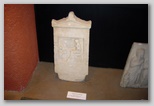
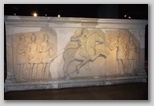
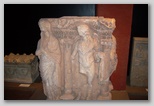
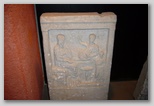
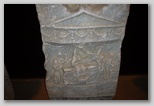
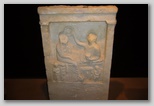
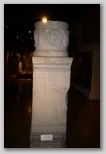
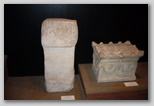
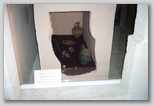
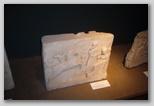
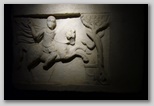
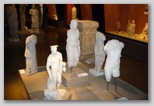
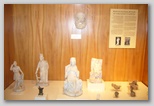
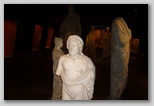
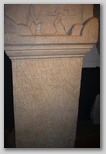
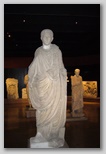
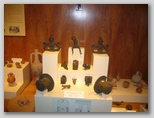
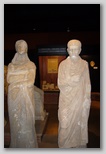
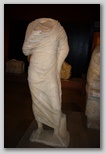
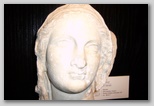
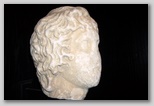
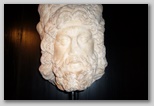
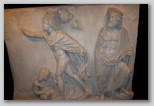
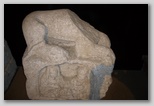

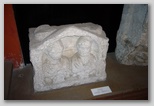
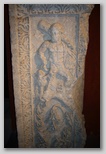
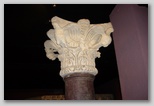
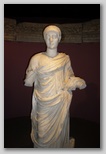
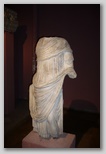
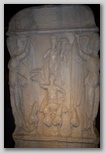
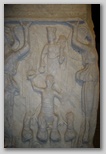
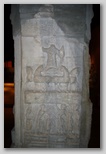

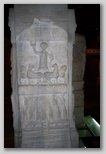
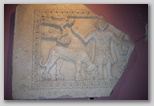
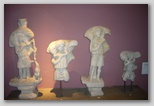
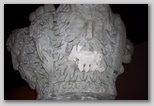
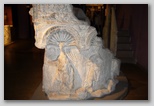
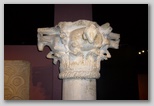
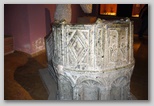
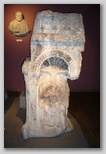
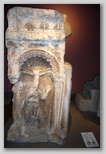
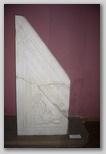
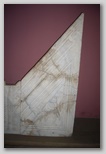
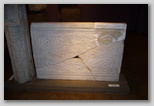
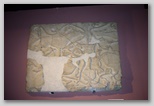
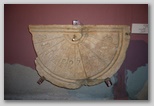
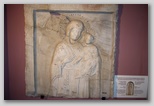
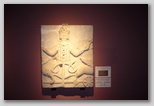
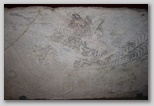
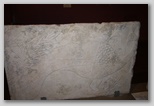
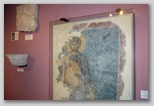
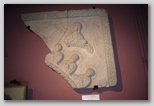
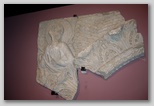
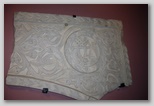
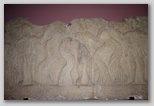
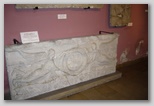

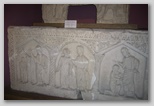
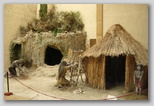


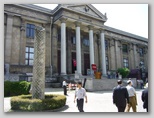
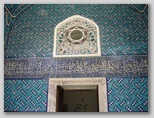
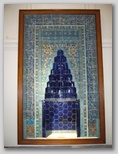
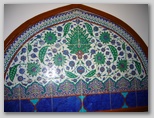
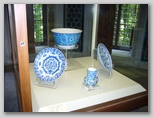
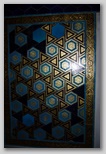
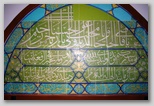
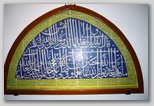
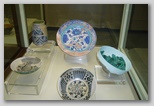
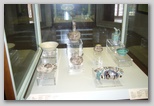
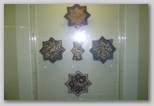
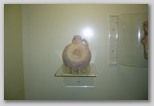
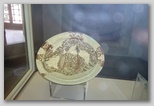
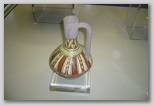
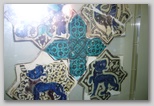
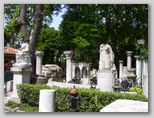
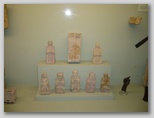
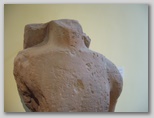
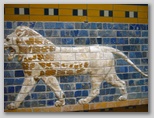
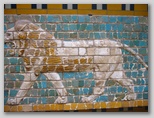
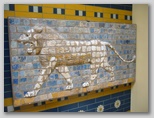

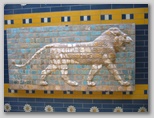
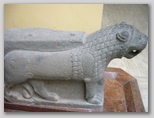
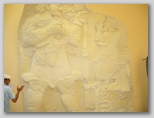
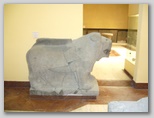
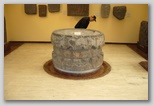
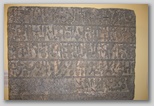

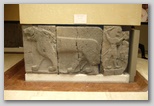
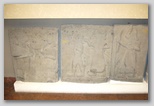
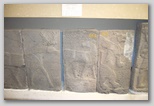
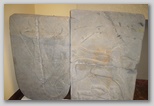
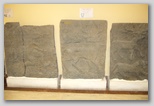
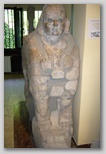
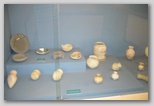

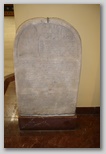
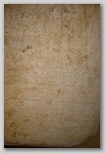
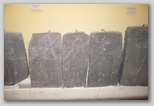
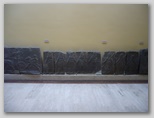
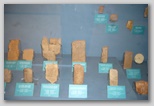
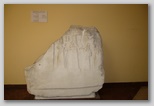
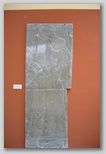
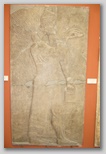
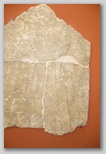
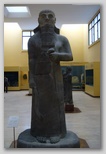
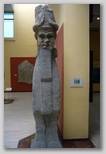
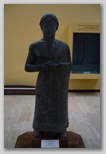
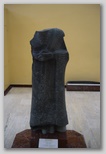
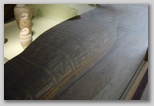
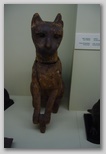
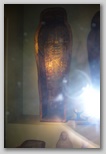
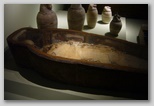
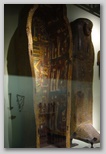
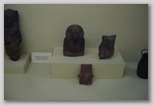
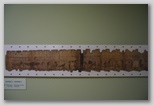
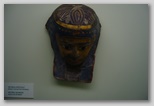
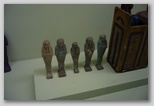
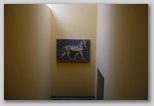
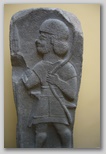
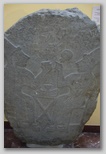
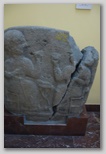

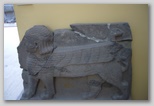
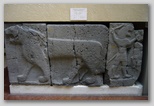
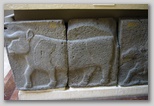

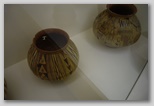
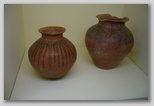
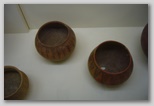
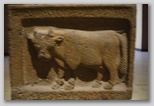
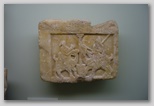
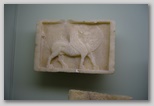
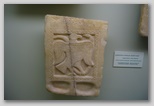
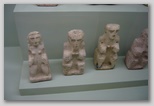
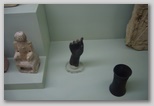
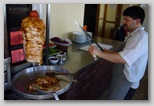
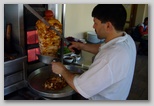
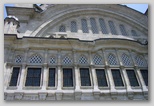
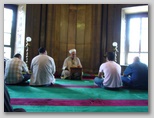
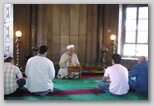
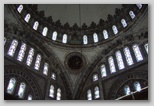
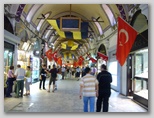
.: Location: About Istanbul:
http://en.wikipedia.org/wiki/Istanbul
.: Scientific Part
Review Process: Each paper was reviewed at least by 3 independent
reviewers. The WSEAS Secretariat sent each paper to 5 reviewers. Some papers
received reviews from 5 different referees. The WSEAS Secretariat forwarded
these comments by personalized emails to the responsible for the correspondence
author. The full list of the reviewers will be available in the web page:
http://www.worldses.org/reviewers.htm
.: What is the Permanent Procedure for additional Journal
publication for a very small number of High-Quality Papers presented in the
WSEAS Conferences in Istanbul (after the recommnedation of Chairmen).
May 29, 2007
Dear Authors of papers that were presented in the WSEAS Conferences in Istanbul,
Turkey
We have started now the evaluation of extended versions of your papers for
possible inclusion in WSEAS journals after new rounds of review.
INTRODUCTION: You know that our goal is to maintain very strong
international journals, to increase the impact of our beloved WSEAS
Transactions, really top journals as they really are. To this end, we need
only high quality papers, breakthrough works of archival value, i.e. papers
that are well written from any point of view, completed studies (with their
numerical examples or experiments that must be compared with the previous
results in the literature), excellent english and of course correct WSEAS
format. The papers also must be substantially extended version of the paper that
was presented in the conference (with more than 40% new material). We need
papers that will attract the attention of other scholars citing them increasing
our impact. In the next few years, the WSEAS transactions must be in every
academic library, in every corner of the earth. To this end, we need your high
quality contribution.
HOW TO PROCEED:
a) Check very carefully if your idea is really important, breakthrough in your
field and can appear in a Journal of the quality and the level of the WSEAS
Transactions. If you doubt, do not send it so easily. Your paper must not be
only a good idea. It must be a complete study with theoretical background,
complete bibliographical references; without grammatical and syntactical errors.
For theoretical works: full comparison with previous published papers is
necessary. We need numerical examples, applicability of the method,
originality, novelty and directions for future research. For experimental or
computational works: full comparison with previous published papers is
necessary. We need real experiments with the necessary
documentation, while for computational work, we need full benchmarks. Of course
along discussions for the applicability of the method, originality, novelty and
directions for future research.
b) Complete the extended version of your paper until July 31 and send it until
July 31, by email to Professor Demiralp. You will receive an email notification
from us. Use only the email address: demiralp (AT) worldses.org, replace
(AT) with @
c) If your extended version fulfills the paragraph a), then we will send it to 3
independent Reviewers outside
your country. If not, we are entitled to reject it from this early stage
informing you properly. The positive answer of the 3 reviewers is necessary
(attention: 2 yes and 1 no implies NO, i.e. rejection).
d) We will collect the reviewers' remarks and will send them again to you for
acceptance/ acceptance after minor revision / acceptance after major revision /
rejection
e) Possibly new rounds of review will be needed.
f) No additional fee is needed in case of acceptance.
After all this procedure, the accepted papers that come from WSEAS Conferences
in Turkey will be published in various WSEAS Transactions.
IF you miss the deadline of July 31, or if your paper was not presented in the
WSEAS Conferences, THEN: you can upload it quite independently
as regular paper from the WSEAS Site for the Journals:
http://www.worldses.org/journals/index.html
The final list of the papers must have the approval of Prof. Demiralp, 3
Reviewers, and of course the Editor-in-Chief of the particular Journal. i.e. 5
persons: 3 Reviewers, Guest Editor and the Editor-in-Chief of the particular
WSEAS Transactions. We hope to help to to maintain the WSEAS Transactions, top
journals
Reply only to this email address: demiralp (AT) worldses.org
with WSEAS in the Subject
WSEAS sent a full report of the whole review process and the whole
correspondence to the following international indexes that have recognized
officially the Validity and the Reputation of the WSEAS Conferences: (see also:
www.worldses.org/indexes )
.: Best Student Papers:
The Organizing Committee received the forms that the Session Chairmen filled in
after the end of their Sessions and after additional evaluation and discussion
decided the following.
The Criteria were
a) originality and scientific impact
b) good presentation
c) paper presented by a student
The results of this evaluation are:
Conference: AEE
Won by: L. Doulos
Title: Reviewing the Role of Photosensors in Lighting Control Systems
Authors: L. Doulos, A. Tsangrassoulis, F. V. Topalis
Conference: ACMOS
Won by: Philipp Roebrock
Title: Offline Path Correction System for Industrial Robots
Authors: Philipp Roebrock, Kay Bohnke
Conference: MINO
Won by: Panagiotis Margaronis
Title: Design and Implementation of a Cipher System (LAM) on a FPGA Based on PCI
Architecture
Authors: Panagiotis Margaronis, Lambrinoudakis Kostantinos, Gritzalis Stefanos ,
Antonidakis Emmanouil, Chrysocheris Ilias
Indexes:
PROCEEDINGS: The Proceedings related to the Conference are covered by:
1. ISI (ISINET)
2. INSPEC (IET, former IEE)
3. CSA (Cambridge Scientific Abstracts)
4. ELSEVIER and Elsevier Bibliographic Database
5. ZENTRALBLATT
6. ULRICH
7. MATHSCINET of AMS (American Mathematical Society)
8. MATHEMATICAL REVIEWS of AMS (American Mathematical Society)
9. Directory of Published Proceedings
10. Computer Science Bibliography Administrator
11. American Chemical Society and its Index: Chemical Abstracts Service
12. European Library in Paris (France)
13. DEST Database (Australia)
14. Engineering Information
15. SCOPUS
16. EBSCO
17. EMBASE
18. Compendex (CPX)
19. GEOBASE
20. BIOBASE
21. BIOTECHNOBASE
22. FLUIDEX
23. OceanBase
24. BEILSTEIN Abstracts
25. World Textiles
26. MEDLINE
27. British Library
28. National Library of Greece
29. German National Library of Science and Technology
30. IARAS Index
JOURNALS:
The authors of the best papers have been invited to send extended versions of
their papers to various international reputable journals. However, these papers
must be of high-quality (break-through work).These journals are covered by:
1. ISI through the INSPEC (IEE)
2. INSPEC (IET, former IEE)
3. CSA (Cambridge Scientific Abstracts)
4. ELSEVIER and Elsevier Bibliographic Database
5. ZENTRALBLATT
6. MATHSCINET of AMS (American Mathematical Society)
7. ULRICH
8. MATHEMATICAL REVIEWS of AMS (American Mathematical Society)
9. Computer Science Bibliography Administrator
10. British Library
11. American Chemical Society and its Index: Chemical Abstracts Service
12. European Library in Paris (France)
13. DEST Database (Australia)
14. Swets Information Services
15. Engineering Information
16. SCOPUS
17. EBSCO
18. EMBASE
19. Compendex (CPX)
20. Geobase
21. BIOBASE
22. BIOTECHNOBASE
23. FLUIDEX
24. OceanBase
25. BEILSTEIN Abstracts
26. World Textiles
27. MEDLINE
28. Mayersche
29. Index of Information Systems Journals
30. National Library of Greece
31. IARAS Index
PLENARY SPEAKERS:
PLENARY LECTURE 1
Challenges in Motion Control Systems
Professor Asif Sabanovic
Faculty of Engineering and Natural Sciences
Sabanci University, Istanbul
Turkey
E-mail: asif@sabanciuniv.edu
Abstract: Modern motion control systems are more and more acting as “agents” between skilled human operator and environment (robot assisted surgery, microparts handling, teleoperation, etc.). In such situations design of control should encompass wide range of very demanding tasks. At the lower level one should consider tasks of controlling individual systems - like single DOF systems, motor control, robotic manipulator or mobile robot. On the system level control of bilateral or multilateral interaction between systems of the same or different nature, the remote control in master-slave systems, haptics etc. should be considered. Such a complexity of motion control system functions poses a challenge for control systems designers due to the diversity of the tasks and changing structure of the system and the interaction with environment. In general design of motion control system should take into account (i) unconstrained motion - performed without interaction with environment or other system, (ii) motion in which system should maintain its trajectory despite of the interaction with other systems, (iii) constrained motion where system should modify its behavior due to interaction with environment or another system or should maintain specified interconnection - virtual or real - with other system and (iv) in remote operation control system should be able to reflect the sensation of unknown environment to the human operator. In this talk we will discuss different frameworks for complex motion control design for unconstrained and constrained motion - when system moving without obstacles, or is in contact with environment or another system or has certain functional interaction with another system. The problems related to bilateral and multilateral systems, maintenance of virtual relation among mobile robots and control of haptic systems will be discussed.
PLENARY LECTURE 2
Photosensors in Daylight Responsive Systems for Optimum Energy Use and
Conservation of Optical Comfort
Professor Frangiskos V. Topalis
Lab. of Photometry, National Technical University of Athens
Iroon Politexniou 9, 157 80, Greece
E-mail:
topalis@ieee.org
Abstract: The application of
innovative technologies of automatic control in lighting systems gains daily the
interest of engineers, constructors and users. The main purpose of these
applications is the energy savings. Daylight control is a form of automatic
control that replaces the manual control of the users. The core of this system
is the photosensor, which creates a signal in proportion to the amount of the
daylight that detects, using its spatial and spectral response. The signal of
the photosensor can be combined with dimming electronic ballasts which adjust
the electric light output giving a great potential for energy savings in areas
with high levels of daylight.
Nevertheless, the daylight responsive systems are widely misunderstood and they
have been characterized hastily as problematic systems. The lack of knowledge
and comprehension of these systems is a great withdraw against their widespread
use and a lost opportunity for energy savings. In this present study becomes
effort to overcome these difficulties clarifying the operation procedures of the
photosensors and their function as part of the lighting system. Also techniques
for their evaluation are proposed through an analysis of experimental data of
the characteristics that influence their operation and advices for their optimum
placement in spaces of application.
PLENARY LECTURE 3
The International Scientific Dialogue in Electrical Engineering
Professor Nikos E. Mastorakis
Military Inst. of University Education
Hellenic Naval Academy
Terma Hatzikyriakou 18539,
Piraeus, GREECE
http://www.wseas.org/mastorakis
.:Social Part (Coffee-Breaks, Banquet, Excursions)
The Coffee, Tea, Milk, Sweets, Cakes, Pastries, Orange
Juice, Apple Juice and Appricot Juice were available for the Guests. WSEAS
thanks Prof. Demiralp and Bakaraya for their great support. The Banquet was
superb. Participants enjoyed a wonderful self-service buffet (more than 50
courses)
As you can see in the pictures (see above), the WSEAS participants enjoyed a folklore show
with Songs and Dances from almost every corner of Turkey. WSEAS organisers who
always support the cultural activities were really very happy. Some Professors
also from Greece played musical instruments from their country.
Except the great variety of folklore dances and the traditional music mainly
from Turkey (but also from Greece), the participants enjoyed a belly-dancer who
taught us genuine turkish belly dance (see the pictures).
Several Excursions in Bosporous, Agia Sophia, Sultan Ahmet, Topkapi
Palace, Dolma Baktse Palace, Princess Islands, Monastery of Chora, Rumeli Hisar,
Anadolu Hisar, Heydar Pasha Railway Station took place via a professional travel
agency that collaborated with WSEAS. The leaflets of this travel agency existed
in every conference bag (see the photos above).